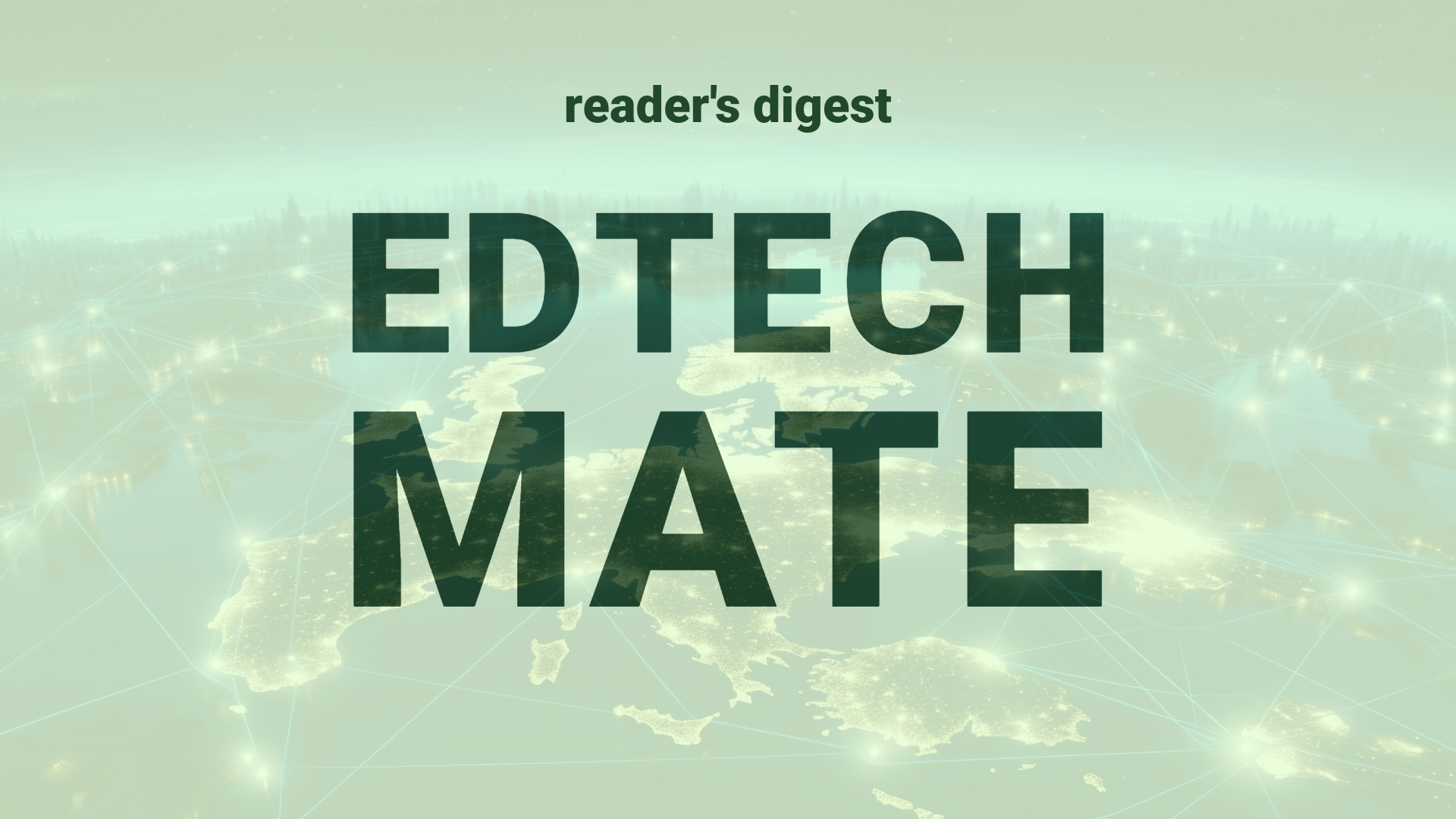Executive Summary and Main Points
The recent discussion in the realm of academic research highlights significant issues surrounding PhD supervisor-student relationships, publication pressures, and departmental dynamics within higher education institutions. Key innovations and trends to note are the increasing importance of clear and consistent communication between students and supervisors, as well as the imperative for supervisors to maintain a robust rate of research publication over their careers. Moreover, the quality of guidance provided by the supervisor, availability for mentorship, and the overall health of the department — particularly following layoffs or restructures — are critical in ensuring the success of PhD students and, by extension, the sustainability of research outputs and academic collaboration.
Potential Impact in the Education Sector
These developments imply significant consequences for Further Education, Higher Education, and the burgeoning arena of Micro-credentials. Academic leaders must recognize the strategic partnerships between students and supervisors that serve as the cornerstones for innovative research and scholarships. Digitalization trends also require rethinking mentorship and research collaboration mechanisms, as remote guidance and digital tools become more prevalent. Balancing productivity with ethical and supportive mentorship will be crucial for the sector’s credibility and for fostering environments that support both mental health and academic rigor.
Potential Applicability in the Education Sector
With the integration of AI and digital tools, educational institutions can develop platforms to facilitate more effective communication, track research productivity, and monitor student progress. AI systems could be deployed to analyze publication patterns, predict future departmental challenges, or suggest optimal collaborative networks for researchers. Establishing metrics for departmental health and student satisfaction could guide universities to preemptively address issues before they compromise the research environment.
Criticism and Potential Shortfalls
While increased tracking and digital oversight might enhance productivity and communication, it could also lead to privacy concerns and the commodification of education, where the value of research is solely measured by metrics. Comparative international case studies reveal varying cultural expectations regarding supervision and productivity, indicating that a one-size-fits-all approach may not be feasible. Moreover, there are ethical implications in how personal data is used and how performance pressures might affect the mental health of researchers.
Actionable Recommendations
Universities should facilitate workshops on effective communication and establish clear protocols for mentorship within PhD programs. Investment in digital infrastructure to support collaboration and quality research practices is encouraged. Strategic insights for international education leadership could include creating a balanced scorecard for departments that include both productivity metrics and wellness indicators, to ensure a holistically successful educational environment. Additionally, mechanisms for regular feedback from PhD candidates regarding their supervision experiences should be implemented to catch potential issues early and maintain a strong academic culture

